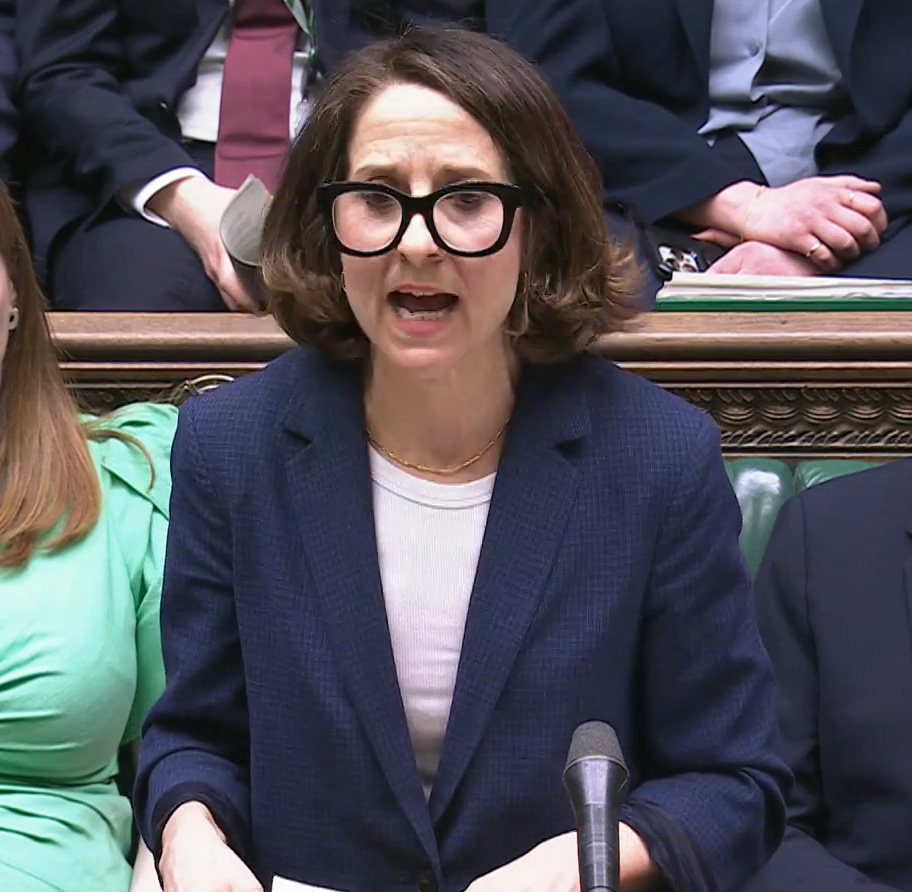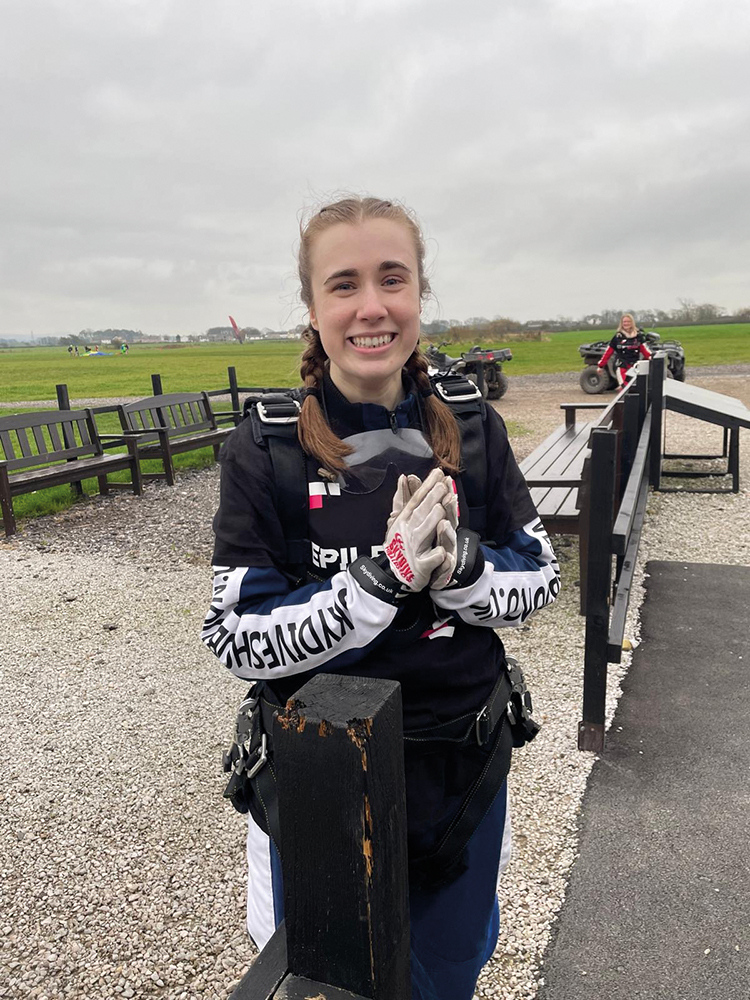 If you are a person with epilepsy, applying for discounted travel in Northern Ireland requires you to apply for a driving licence only to be rejected.
If you are a person with epilepsy, applying for discounted travel in Northern Ireland requires you to apply for a driving licence only to be rejected.
Epilepsy Action Northern Ireland is calling on the Department for Infrastructure to make changes to this system, which applies regardless of whether you have uncontrolled seizures or have been living seizure-free for many years.
It says the lengthy process is an unnecessary step for people who might never be able to drive and a waste of time and money.
Policy and campaigns officer Jack Morgan said: “We are calling for the Department for Infrastructure to re-evaluate the scheme and implement changes that reflect a more compassionate and practical approach towards people with epilepsy.
“We are asking the Minister for Infrastructure John O’Dowd to meet us to discuss how these changes can be implemented to improve the lives of people with epilepsy in Northern Ireland.”
We spoke to a number of people who had experience of the process of applying for a discounted travel permit, called a SmartPass.
Jordana’s son was diagnosed with epilepsy in 2020. He is currently not seizure free, and therefore cannot drive or hold a provisional licence.
“I don’t see what benefit it would be for us to have to apply for a provisional licence for it to be officially denied due to his disability,” she said. “Especially when a licence is the one thing in the world that my 18-year-old wants to own, but because of his disability he can’t have.”
Jordana raised her concerns with NI public transport operator Translink, which said: “We have no other way of processing the form without the relevant steps being taken,” and advised her to get in touch with the Department of Infrastructure for clarification.
Jordana believes the application process is too complicated and worries for young people with epilepsy who may not be able to easily access discounted travel due to the number of steps required.
Ciaran McCarroll, who works for the Northern Health and Social Care Trust, relies on public transport to get to work. Ciaran said he spends a significant amount of money on public transport and feels that people who cannot drive due to a medical condition have to jump through hoops to access discounted travel.
“Translink said I had to apply for a provisional licence again at a cost of £30 to have it refused before I qualify,” said Ciaran.
“It’s just ludicrous. It seems daft to apply for something you don’t need.
“Some sort of clinical letter should suffice i.e. this person has epilepsy and cannot drive,” he added.
Jemma Robinson echoed Ciaran’s calls for a simplified process.
She said: “Only being able to obtain the application from a local station or via the post is unacceptable, especially in a digital age where you access/buy most things with the click of a button. A digital copy would make the process easier, more accessible, and cut down on the administrative time and costs for both the applicant and Translink.”
When Jemma attempted to collect a SmartPass from a station, she was told there wasn’t any available and she would have to collect one from another station.
“It is so tiring, going from pillar to post just to get an application form, which is only a couple of pages,” she said.
Jemma also complained about the unacceptable six-week turnaround time.
“It’s frustrating,” she added, “but, with the amount of supporting documents you have to include with your application, this doesn’t surprise me. The time I took to collate my documents, it almost put me off applying. I’m sure a digital copy would reduce the turnaround significantly.”
The complications did put Joanne Greer off applying – she gave up completely.
“The DVA told me I needed to get a letter from my doctor,” she said. “I gave up as it was too long a process just to be rejected and it was going to cost money to do so.”
Joanne believes the process was not created with people with epilepsy in mind and that there should be an easier way to access the scheme, such as by providing a medical letter confirming you have epilepsy and cannot drive.
Epilepsy Action is campaigning for changes in the application process to make the scheme easier to access for people with epilepsy.
More articles



